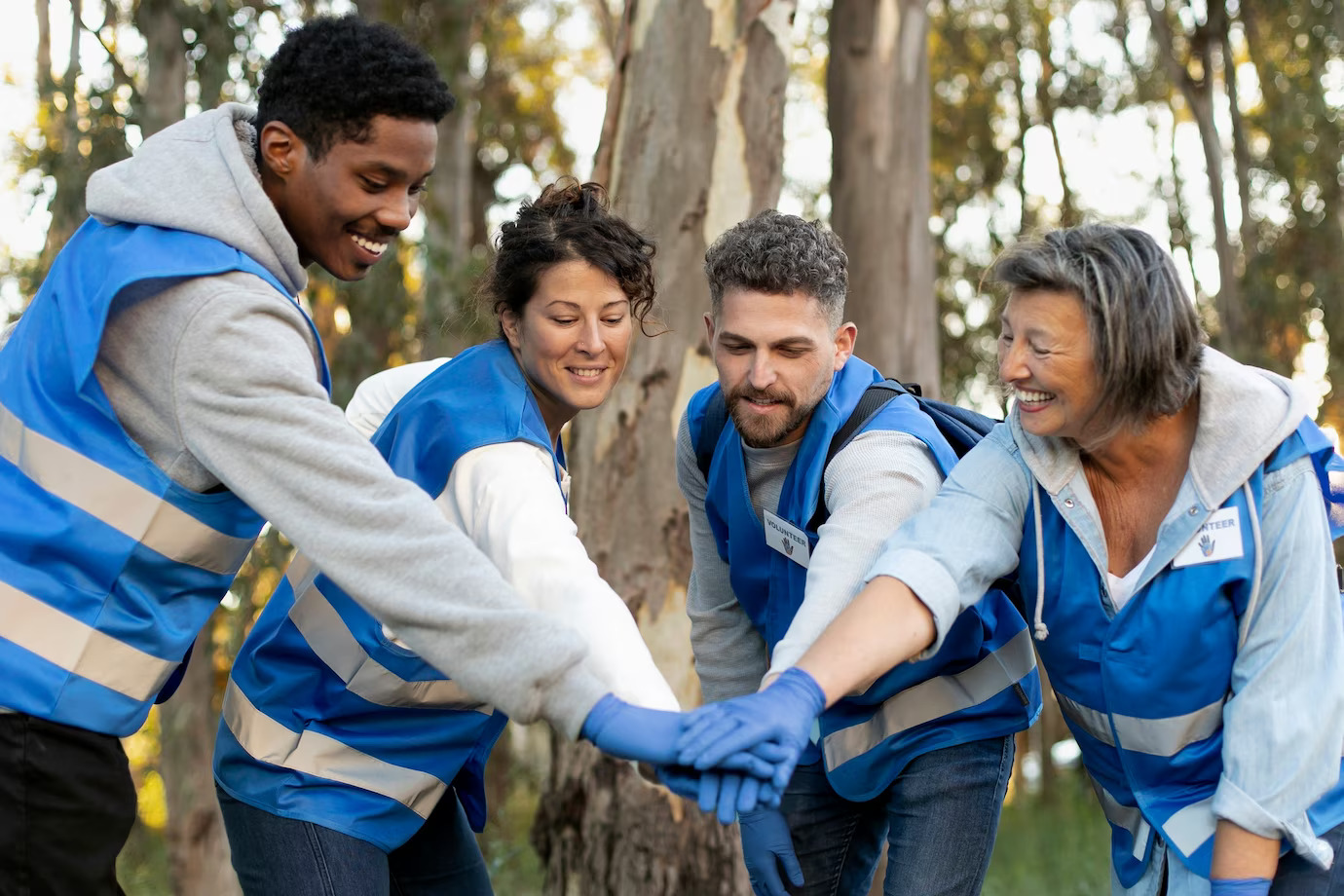Introduction
While technological advancements play a crucial role in water conservation, community engagement is equally essential for implementing effective and sustainable solutions at the grassroots level. Communities have a unique understanding of their local water challenges and can contribute valuable insights, resources, and collective action towards conservation efforts. In this blog, we’ll explore the importance of community engagement in water conservation and highlight examples of successful community-led initiatives.
Understanding Local Water Challenges
Communities are often at the forefront of water-related challenges, experiencing firsthand the impacts of water scarcity, pollution, and inequitable access to clean water. By engaging with community members, stakeholders, and local organizations, we can gain a deeper understanding of these challenges and develop tailored solutions that address the specific needs and priorities of each community.
Empowering Community Action
Community engagement empowers individuals and groups to take ownership of water conservation initiatives and drive meaningful change in their neighborhoods. Whether through grassroots organizations, citizen science projects, or community-led campaigns, residents can collaborate to implement water-saving practices, raise awareness, and advocate for policy reforms that promote sustainable water management.
Promoting Education and Awareness
Education and awareness-raising activities are essential components of community engagement in water conservation. By providing resources, workshops, and outreach programs, communities can educate residents about the importance of water conservation, teach practical water-saving tips, and foster a culture of environmental stewardship from an early age.
Building Partnerships and Collaborations
Successful water conservation efforts often require collaboration and partnerships between various stakeholders, including local governments, businesses, non-profit organizations, and academic institutions. By working together, communities can leverage collective expertise, resources, and networks to implement large-scale water conservation projects, such as watershed restoration, rainwater harvesting, and green infrastructure development.
Celebrating Success Stories
Highlighting and celebrating success stories of community-led water conservation initiatives can inspire and motivate others to take action. Whether it’s a community garden using rainwater harvesting systems, a school implementing water-saving measures, or a neighborhood organizing a river cleanup, recognizing and sharing these accomplishments can galvanize support for future conservation efforts.
Conclusion
Community engagement is a powerful force for driving positive change in water conservation efforts. By actively involving residents, fostering collaboration, promoting education and awareness, and celebrating success stories, communities can create a more sustainable and resilient water future for all. Through collective action and shared responsibility, we can empower local solutions to address global water challenges and ensure access to clean water for generations to come.




